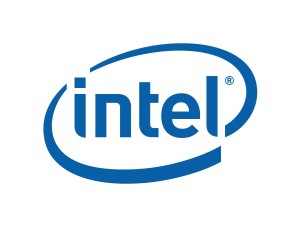Intel (NSDQ:INTC) has quietly changed its roadmap for the next version of its Itanium processor, code named Kittson, throwing into doubt the future of Hewlett-Packard (NYSE:HPQ)’s Integrity and Superdome server lines.
Intel, in a small online update to its Kittson Itanium processor roadmap dated January 31, dropped plans to manufacture the Kittson using its advanced 22-nanometer technology, and instead will manufacture it with the same 32-nm technology used to build its current Itanium 9300 and Itanium 9500 Poulson processors.
Santa Clara, Calif.-based Intel in that update also said it is reevaluating the modular model under which the Kittson was expected to be socket-compatible with future Xeon processors.
Intel, in its Kittson update, wrote, “Intel has updated the definition of the next generation Itanium processor, code name ‘Kittson.’ Kittson will be manufactured on Intel’s 32-nm process technology and will be socket-compatible with the existing Intel Itanium 9300/9500 platforms, providing customers with performance improvements, investment protection and a seamless upgrade path for existing systems. The modular development model, which converges on a common Intel Xeon/Intel Itanium socket and motherboard, will be evaluated for future implementation opportunities.”
The change in the processor roadmap could result in further uncertainty over the future of Palo Alto, Calif.-based HP’s Unix line of Integrity and Superdome servers, which are built around the Itanium processor. HP is nearly the sole customer of Intel’s Itanium processors, with a small number being sold to other server manufacturers.
HP reportedly paid Intel almost $700 million over several years to further the development of the Itanium processor line.
That uncertainty is magnified by doubts about the future of the HP Itanium server platform in the wake of a series of lawsuits between HP and Oracle over Oracle (NSDQ:ORCL)’s decision to stop developing its software for those servers.
Those lawsuits culminated in the August decision by a California superior court judge who ruled that Oracle is obligated to continue developing its software for the HP Itanium-based servers as long as HP continues to manufacture the servers.
Oracle, Redwood Shores, Calif., in September said it will comply with the Court’s order to continue developing its software for those servers.
The partial settlement in the dispute between HP and Oracle over Oracle’s decision to stop developing software for HP’s Itanium-based Unix servers had little if any impact to the declining Unix server market.








